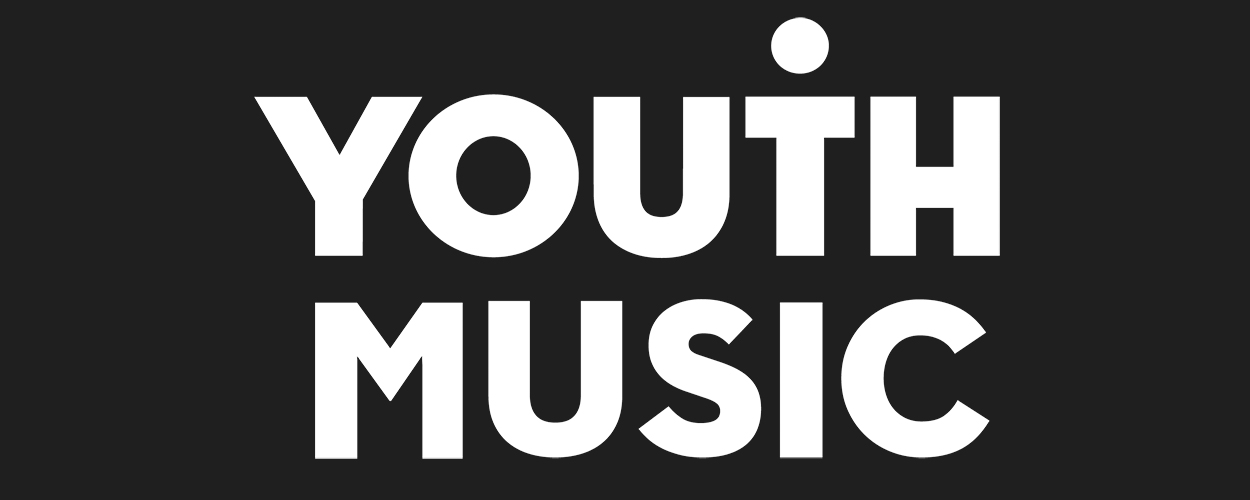This website uses cookies so that we can provide you with the best user experience possible. Cookie information is stored in your browser and performs functions such as recognising you when you return to our website and helping our team to understand which sections of the website you find most interesting and useful.
Business News Education & Events
Youth Music publishes new research into barriers faced by disabled musicians
By Andy Malt | Published on Wednesday 14 October 2020

Music charity Youth Music has published a new report – titled ‘Reshape Music’ – highlighting the significant barriers faced by disabled musicians who want to access music education and opportunities to make music.
Among those barriers are difficulties in finding music instrument tutors able to meet their needs, being unable to locate adapted instruments, and not knowing how to access funding to support their music-making. A total of 67% of disabled musicians surveyed said that financial issues were one of the biggest barriers to making music.
Researchers also surveyed education providers and instrument retailers about what they offer for disabled musicians. Only 48% of educators said that they felt confident teaching people on adapted instruments, while 63% of instrument retailers said that they were unaware of any specialist or adapted instruments for disabled people.
“While there has been some progress, particularly over the last five years, ‘Reshape Music’ illustrates in very stark terms that the views, lived experience and expertise of disabled people are still absent in the planning and delivery of music education and music-making”, says Youth Music CEO Matt Griffiths.
“As a result”, he adds, “policies, programmes and infrastructure are often developed in a way that excludes their involvement and participation. This is discriminatory and particularly alarming knowing that there are 13.3 million disabled people in the UK equating to 21% of the total population”.
Jess Fisher – one of the researchers on the report and a disabled musician herself – says: “Music has always been my way of expressing myself, it gives me a sense of purpose. Just because a musician is disabled or needs specialist equipment or adaptations or even support, shouldn’t stop them from having the chance to make music”.
“Disabled people often feel overlooked and excluded, but music-making can make you feel connected to others and part of something bigger”, she goes on. “Especially throughout the pandemic, it has been a lifeline for so many people. I hope by sharing my experiences it inspires others and helps music educators and the industry to understand how to make music-making more inclusive”.
The report makes a number of recommendations to improve accessibility for disabled musicians, including an increase in the number of disabled people working in music education and the music industry. With that in mind, it then calls for music and education organisations to state where they have an under-representation of disabled people in their workforce and to target recruitment opportunities accordingly.
It also calls for those organisations to work with disabled musicians to discuss their needs and better understand the barriers they face in making music and pursuing music careers.
You can access the full ‘Reshape Music’ report here.





